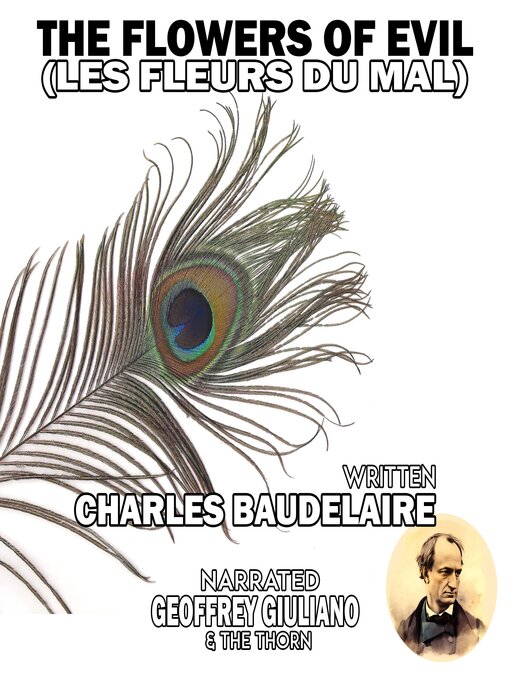"Les Fleurs du Mal" (The Flowers of Evil) is a collection of poems by the French poet Charles Baudelaire. It was first published in 1857 and is considered one of the most important works in French literature. The collection is divided into several sections, each exploring different themes such as love, death, beauty, and decadence.
Baudelaire's poetry in "Les Fleurs du Mal" is known for its rich and innovative language, as well as its exploration of dark and taboo subjects. The poet often expresses a fascination with the beauty found in the midst of decay and decadence. The poems reflect Baudelaire's complex and often contradictory views on the nature of humanity and the modern urban experience.
One of the most famous poems from "Les Fleurs du Mal" is "To the Reader" ("Au Lecteur"), which serves as an introduction to the collection. In this poem, Baudelaire addresses the reader directly and sets the tone for the themes that will be explored throughout the work.
Despite its literary significance, "Les Fleurs du Mal" initially faced legal issues due to its perceived obscenity and immorality. Baudelaire and his publisher were fined, and six poems were suppressed. Over time, however, the collection gained recognition and is now celebrated as a masterpiece of French literature. Baudelaire's influence extends beyond literature, as his exploration of the darker aspects of human experience has resonated with artists, philosophers, and thinkers across various disciplines.

